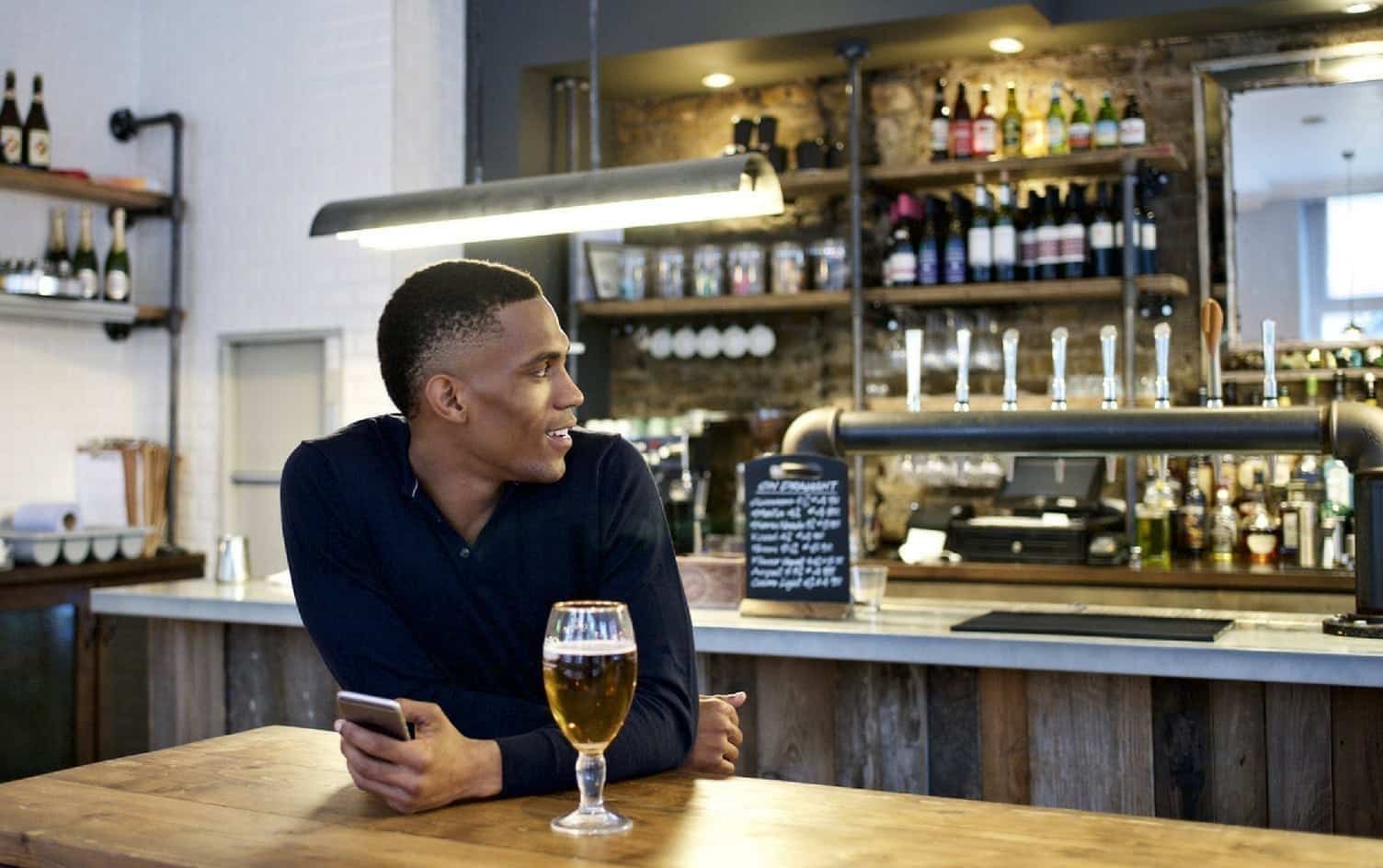In a perfect world we’d be able to meet friends for happy hour and still smash a 6 a.m. run! Unfortunately, alcohol can have a big (mostly negative) effect on fitness goals. Here’s what you need to know when it comes to drinking and performance.
First let’s look at the basics. Alcohol provides 7 calories per gram (for reference protein and carbs provide 4 calories per gram and fat 9) and consumption of one drink a day for women and two drinks a day for men is considered moderate and acceptable by health guidelines.
Beyond those standards, the lines start to blur when looking at whether alcohol can help or hurt. More recent research studies point to drinking, especially antioxidant-rich red wine or dark beers, as being health promoting. However, for every study claiming benefits, there seems to be one highlighting the risks and damages associated with drinking.
Obviously, the jury is still out on drinking for general health, but what about for fitness and athletic performance? Will throwing back a few at happy hour or sipping a night cap recharge your enthusiasm or leave you dehydrated and fatigued?
First, the bad news, there are many potential consequences on performance related to drinking alcohol:
- Alcohol dehydrates the body, which leads to decreased concentration, hand-eye coordination and ability to cool the body during training.
- Glucose is broken down at a slower rate when alcohol is present, leaving your body with less energy to pull from and greater risk of bonking.
- Consuming excessive amounts of empty calories can lead to weight gain of non-lean mass.
- The presence of alcohol can impair muscle synthesis, hurting strength performance and body composition goals.
- Consuming alcohol after training efforts can reduce the body’s ability to replenish glucose stores.
- Foods consumed during or post imbibing tend to be more caloric and less nutritious which can lead to a lack of weight control and nutrients known to fuel performance.
- Chronic alcohol consumption promotes a risk of deficiency of vitamins B6, B12 and D as well as hinders calcium and folate absorption.
Worried you can’t have a social life outside the gym? Don’t be! There are several ways to mindfully imbibe and still perform well:
- Before drinking, have a nutrient-rich meal or snack that contains a complex carb, protein and healthful fat to delay alcohol absorption.
- Stay hydrated by consuming a glass of water for each drink you consume.
- Sip at your own pace and do not be tempted to go drink for drink with others.
- Choose a happy hour beverage over a nightcap. Drinking closer to bed can impair sleep, which has a negative effect on training capacity.
- Choose drinks that have potential health benefits like alcoholic kombuchas, red wine, dark beers or trendy cocktails with fresh vegetable juice or citrus ingredients over those loaded with sugary components or energy drink mixers.
It is important to remember that tolerance is a big factor in how drinking affects an individual; the more you drink, the less noticeable the acute effects may be. For example, the elite athlete who abstains for months due to heavy competition, then imbibes for a special occasion might have a rougher next training session than the recreational athlete who indulges in a consistent nightly drink or two.
Overall, the effects experienced range greatly from person to person based on tolerance, lean muscle mass, hydration status and current fitness level and can manifest in a variety of ways from reducing stress and promoting appetite, to hindering motor skills and decreased physical output. In any case, your best bet is to limit alcohol and forgo drinks completely in the 24–48 hours surrounding a serious competition or hard training session.




